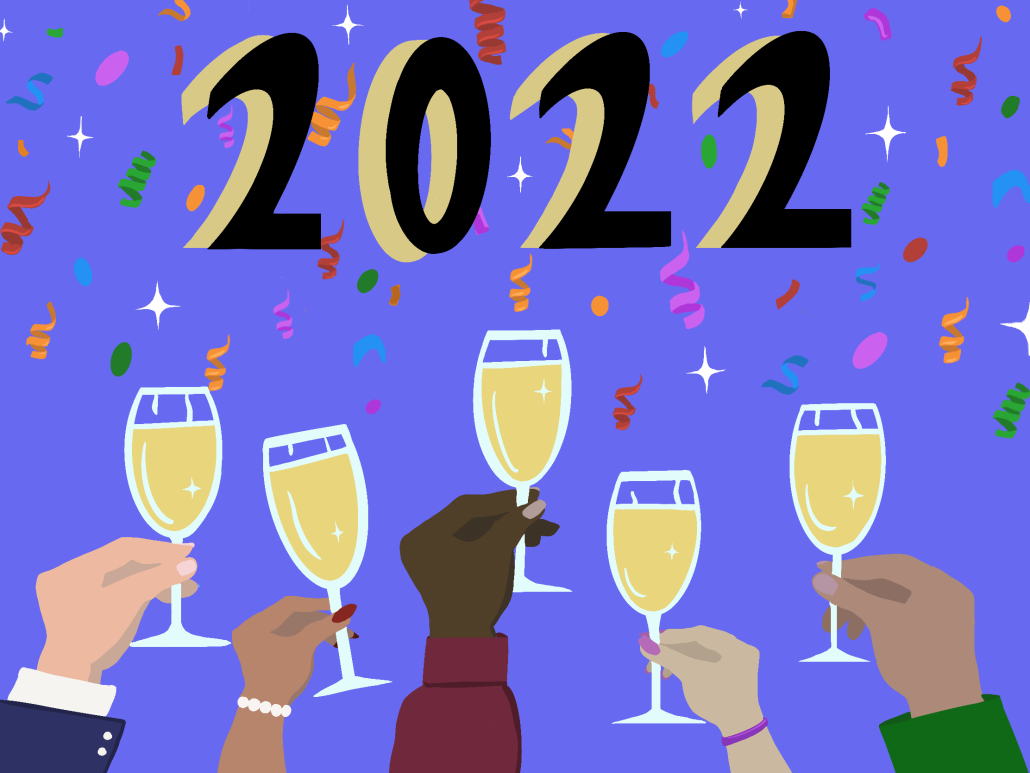The culture of New Year’s resolutions is far outdated

For most, Jan. 1 is the epitome of a fresh start — “new year, new me” — a phrase routinely hashed out during the first weeks of the year, demonstrating the ambitious strides many take for self-improvement. Whether that be exercising, maintaining healthy relationships or stopping procrastination, many people approach the new year with aspirations for change.
New Year’s resolutions serve as an ideal starting point for many who want a clean slate, and what better way to track progress than starting on day one? But instead of placing emphasis on the new year and associating January with extreme improvement, we should encourage a culture of steady betterment regardless of the date.
A prime example of this is the aim to become healthier through exercise or weight loss, which tops the chart for one of the most popular goals Americans hold every year, according to a study conducted by Finder. What starts, for many, as drastic alterations to current lifestyles for quick results can turn into a slippery slope of burnout that culminates in complete abandonment of the resolution.
Many of these goals are intrinsically tied to our identity as students and the collegiate lifestyle. We often lose weight or exercise to improve our appearance in order to impress our peers, or set up study methods for academic-related goals. These goals are intentionally set to help us succeed for the upcoming semester.
Though these aren’t inherently bad and can actually prove extremely beneficial for self-improvement, following the traditional format of New Year’s resolutions is discouraging in the long run.
The day most people gave up on their New Year’s resolutions was Jan. 19, according to a survey conducted by Strava, to the point where Strava coined the day as “Quitter’s Day.” With most resolutions lasting only 19 days, the evident problem is that resolutions are not a sustainable form of creating lasting change.
Instead of placing so much importance and emphasis on their goals from day one, students must allow for bumps in the road. Especially with a whole semester ahead filled with midterms and finals, college students need greater motivators besides caffeine to fuel their goals.
For many, losing grip on the steam that drove their initial motivation can be extremely demotivating and can leave an individual dissatisfied with what should have been ideally a perfectly clean record in 2022.
Instead of attempting to stick with extreme habits and repeating “new year, new me,” it should be encouraged to start on our resolutions whenever possible — whether that’s in the middle of the semester or right before finals.
Achieving perfection is impossible and students should not take extreme measures to stick to their resolutions. The trajectory of growth does not always manifest itself as a linear form, and self-improvement cannot be solely reserved for January.
With January coming to a close, students should keep this in mind as they begin to pick up pace this upcoming semester. With greater external conflicts such as the continual rage of the pandemic and its variants, we should adopt a more forgiving mindset toward ourselves as we carry on through this perpetual marathon toward betterment.

